Summer reading to help all ages learn about systemic racism
As members of an affluent, predominantly white community, we are not well-suited to lead on the issue of racial injustice. However, as educators, we feel obligated to facilitate the learning process for our students and their families, as well as for ourselves. To that end we have compiled this summer reading list for anyone out there who knows right from wrong, and is ready to educate their children and themselves on why Black Lives Matter.
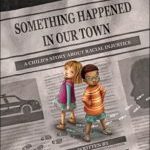
Something Happened in Our Town: A Child’s Story About Racial Injustice by Marianne Celano, Marietta Collins, Ann Hazzard, and Jennifer Zivoin (All Ages)
Emma, a white girl, and Josh, a black boy, heard that a black man was shot by the police. “Why did they shoot that man?” Something Happened in Our Town follows Emma, Josh, and their families as they discuss the shooting in their community. The book includes a guide for parents and caregivers to discuss race and racism with their children.
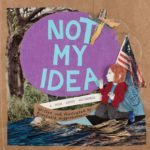
Not My Idea: A Book About Whiteness by Anastasia Higginbotham (9+)
Kids are smart. Kids are observant. So often, they know exactly what is going on, but don’t have a vocabulary to go along with their feelings. In Not My Idea, a white child sees TV coverage of a police shooting and, not surprisingly, begins to ask pointed questions. Higginbotham presents an honest explanation about how privilege benefits white children at the expense of others.
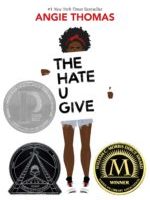
The Hate U Give by Angie Thomas (13+)
In THUG, Starr Carter, is a poor black girl who attends school at a largely white upper class prep school. She is the only witness when the police shoot her unarmed friend. While the community and nation grapple with the racial tensions enflamed by this event, Starr is the key to revealing the truth of what happened.
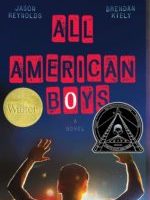
All American Boys by Jason Reynolds and Brendan Kiely (13+)
After Rashad, a black teenager, is beaten by a white police officer after allegedly shoplifting from a local deli, Quinn, a white teenager and the officer adopted son must face what he has just witnessed. With racial tension, family dynamics, and objectivity all in the mix, All American Boys demands reflection and debate from its reader.
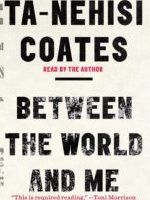
Between the World and Me by Ta-Nehisi Coates (16+)
Between the World and Me, Coates’ most popular work, he writes a moving letter to his teenage son revealing the realities of being black in America. This one is a must read for all of us living inside the bubble.
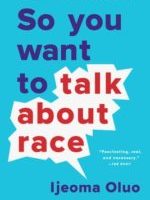
So You Want to Talk About Race by Ijeoma Oluo (16+)
How do we talk about white privilege with privileged whites? Are those jokes racist? Is affirmative action fair? In this user-friendly guide, Oluo outlines a range of subjects to spark debate, as well as a lexicon for all that will promote clear and honest dialogue.
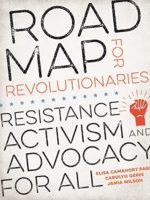
Roadmap for Revolutionaries: Resistance, Activism, and Advocacy for All by Elisa Camahort Page and Carolyn Gerin (16+)
Ready to take action, but don’t know where to begin? Roadmap for Revolutionaries explains why activists and advocates are so important to the American experiment, as well as offering action steps and advice about how to enter the public domain safely and effectively.
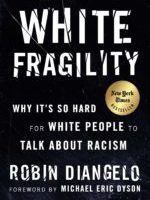
White Fragility: Why It’s So Hard for White People to Talk About Racism by Robin DiAngelo (16+)
DiAngelo explores the reactions of whites when confronted with the challenge of racial inequality, and how these reactions reinforce the status quo. The book deftly demonstrates that racial insensitivity is not exclusively reserved to bad people. Listen to to DiAngelo discuss her book on NPR.
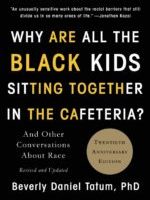
“Why Are All the Black Kids Sitting Together in the Cafeteria?” and Other Conversations About Race by Beverly Daniel Tatum (16+)
In WAATBKSTITC, Dr. Tatum examines why students of different races tend to form cliques with others of their same race, and what we can do about it. Check out her TED Talk.
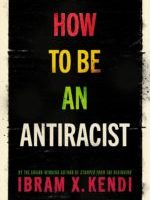
How to Be an Antiracist by Ibram X. Kendi (16+)
In How to Be an Antiracist, Kendi asks his reader to rethink their own definition of racism. The opposite of racist, is not, and cannot be, not racist. This is an essential book for anyone who wants to be a contributor to the formation of a truly just and equitable society.
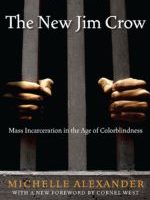
The New Jim Crow: Mass Incarceration in the Age of Colorblindness by Michelle Alexander (16+)
In The New Jim Crow, Alexander argues that the war on drugs and modern policing practices allow the U.S. criminal justice system to function as a contemporary system of racial control, ‘colorblindness’ notwithstanding. “We have not ended racial caste in America; we have merely redesigned it.”
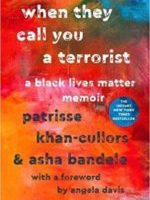
When They Call You a Terrorist: A Black Lives Matter Memoir by Patrisse Khan-Cullors and asha bandele (16+)
After Trayvon Martin’s killer went free, Patrisse Khan-Cullors, Alicia Garza, and Opal Tometi founded Black Lives Matter “to eradicate white supremacy and build local power to intervene in violence inflicted on Black communities but the state and vigilantes.” When They Call You a Terrorist is Patrisse Khan-Cullors and asha bandele’ call to action to change the culture that declares innocent Black life expendable.
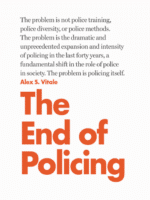
The End of Policing by Alex S. Vitale (16+)
In the wake of high-profile cases of police brutality, the same ideas for reform are trotted out — implicit bias training, body cameras, police-community dialogues. Vitale argues that these bandaids fail to get to the root of the problem — policing itself. While “defund the police” sounds rash, in practice it means to focus police efforts where they are best equipped to serve the community and shift many of the things that police are typically saddled with to more appropriate organizations.
We know that this list is hardly exhaustive, but we hope it’s a good start. We’ll keep adding titles as we learn more. If you have suggestions, please let us know ([email protected]).

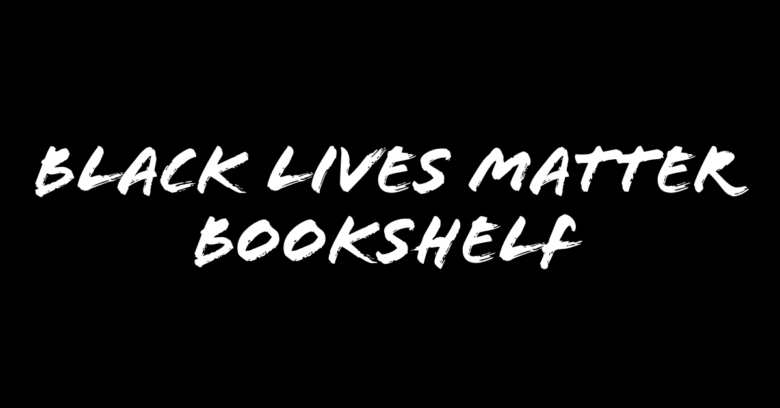
Leave a Comment